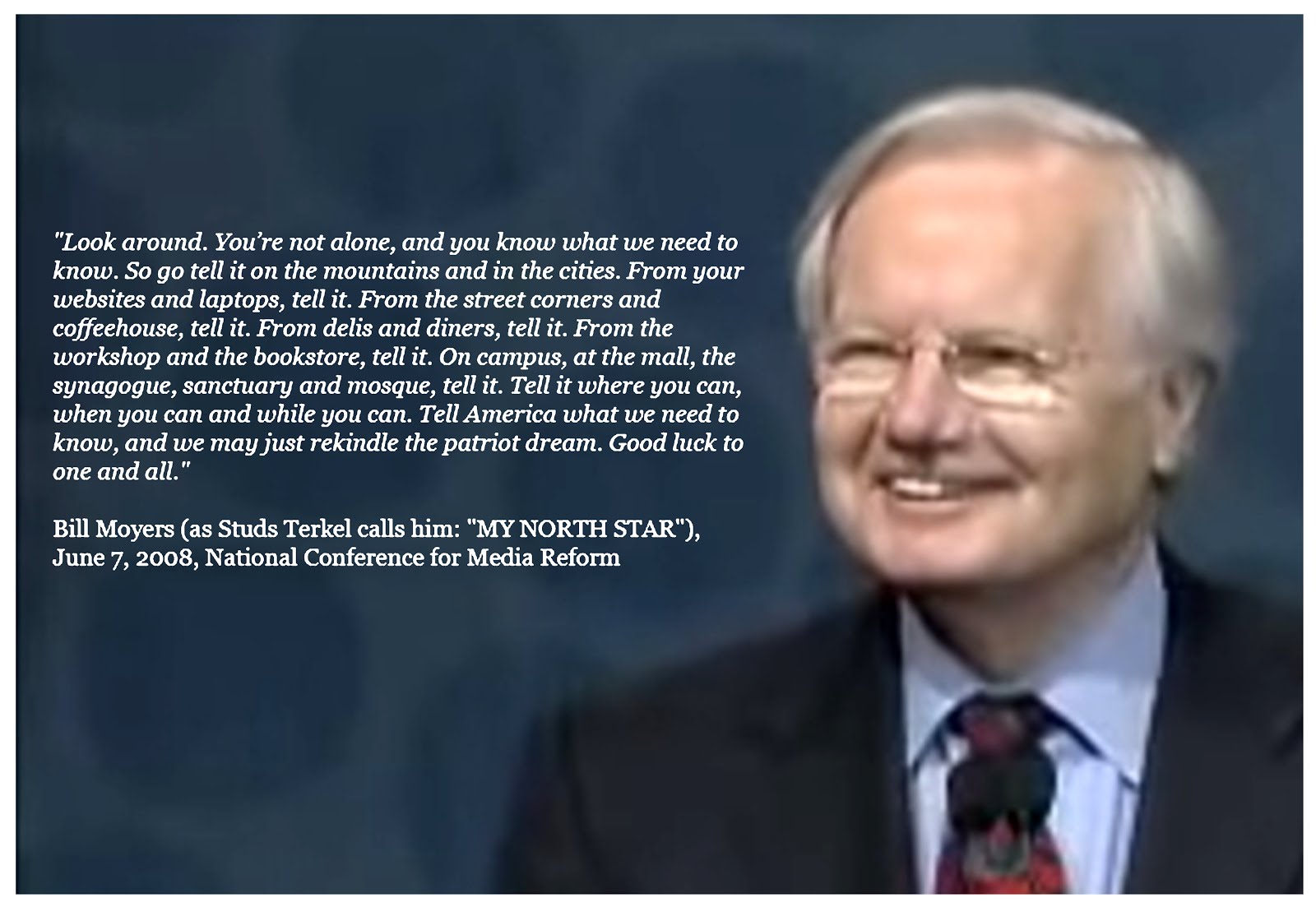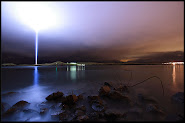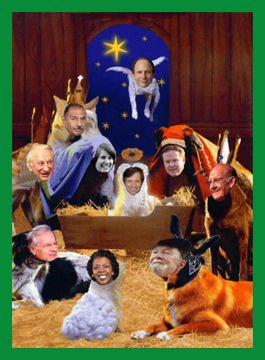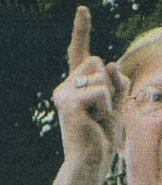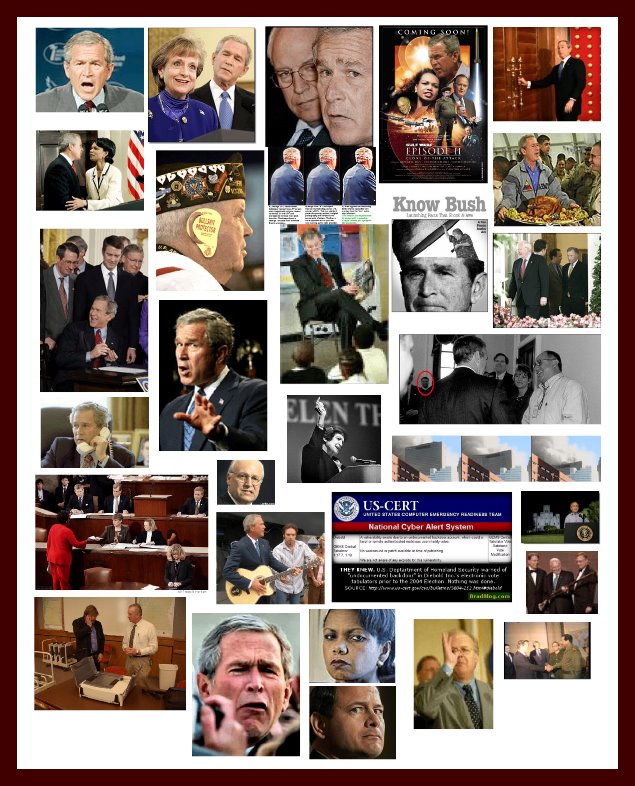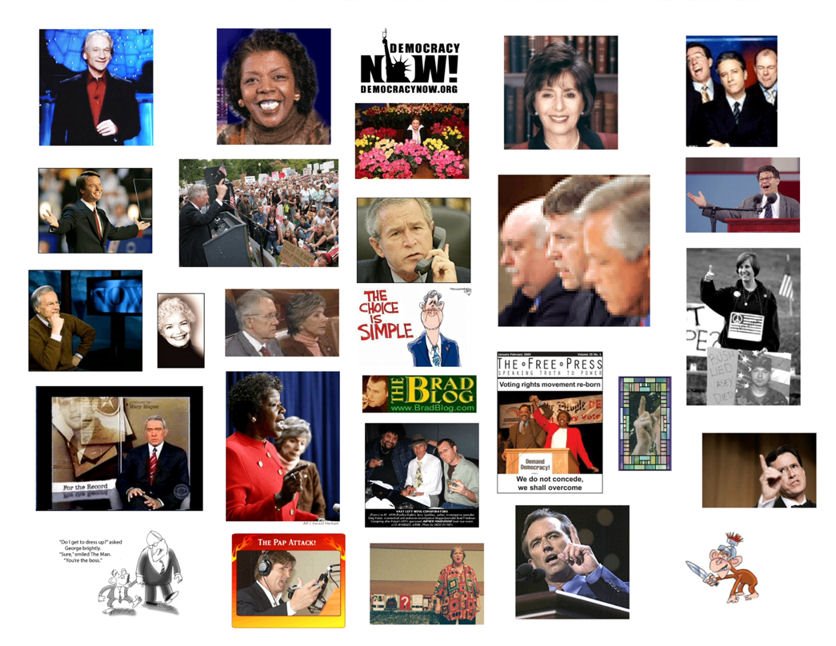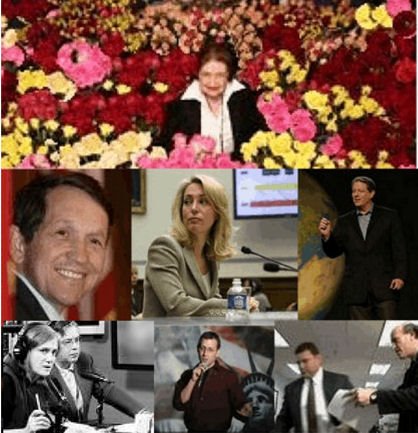Based on the belief that the truth shall set you free:
I apologize up front for the length of this story. It started with a simple "thanks. . . to the efforts of former Secretary of State James Baker . . . ," said by Bush last week, Monday, May 25, 2004, during his televised speech at the U.S. Army War College.
But why, out of the blue, was he thanking former Secretary of State James Baker?
He continued, ". . .many of Iraq's largest creditors have pledged to forgive or substantially reduce Iraqi debt incurred by the former regime."
Perhaps true. However, in fact, there are many other "efforts of former Secretary of State James Baker" for which Bush might offering thanks, going back many years.
It was James Baker's law firm, Baker & Botts, that wrote the contract for Bush to purchase the Texas Rangers baseball team, paying it off with the funds from his suddenly dumped shares in Harken Oil in 1990.
In 1991, that same lawyer from Baker & Botts, James Doty, was the new General Counsel for the SEC, along with his colleague from Baker & Botts, Richard Breeden, as the President Bush-appointed SEC Chairman, when George W. Bush’s insider trading at Harken Oil was investigated and dropped.
James Baker was also the man Bush called in November 2000, when Florida’s vote came into question, to lead the battle to take the White House. Baker started the spin immediately, declaring that the votes "have not only been counted, they’ve been counted twice" (blatantly untrue), attacking Gore for his "endless challenges to the results" (the recount was required by Florida law), and finally pushing it to the Supreme Court, where he knew there were five Republican appointees who had to answer to no one. Certainly, Bush owes a lifetime of thanks for that.
Baker's enduring value has been as the Senior Counsel for Washington’s Carlyle Group. The Carlyle Group was formed by former ranking Republicans in the early 90's as an investment group which took advantage of the end of the Cold War to buy up defense and intelligence businesses cheaply.
Thanks to James Baker, Bush I was immediately hired by The Carlyle Group after his 1992 re-election defeat to be guest speaker at events where big-time investors knew the value of access to the ex-President and all his contacts, inside both U.S. and foreign governments. Bush I then could take his sizeable "speaking fee" and invest it back into Carlyle subsidiaries for his own personal investment as well. Later, when Bush I’s son took power in Washington, it made access to Bush I, and therefore II, even more advantageous for all involved with Carlyle.
In 2001, The Carlyle Group showed $12 billion in holdings. With multiple contracts in Iraq, The Carlyle Group's holdings have grown exponentially, as has Bush I’s stock portfolio in Carlyle. Bush II stands to inherit untold millions/billions from his father now, especially since he made certain the inheritance tax was completely abolished soon after occupying the White House. Thank you, James Baker.
Coincidentally, on September 11, 2001, while the hijacked planes slammed into the World Trade Center and the Pentagon, the Carlyle Group was hosting an exclusive conference in Washington, D.C. Among the guests of honor was a valued investor named Shafig bin Laden, brother to Osama. He soon became one of the 140 powerful Saudis that Prince Bandar arranged to have flown out of the country immediately, despite a nation-wide ban on flights, without even being questioned by the FBI or CIA.
Currently, Baker's law firm, Baker & Botts, is defending Saudi Arabia against the trillion dollar lawsuit filed by the families of 9/11 victims. The families’ suit has forced open accounts that reveal the Saudi government’s role in funneling millions of dollars to Islamic charities that are widely suspected of covertly financing Al Qaeda and other international terrorist groups.
Which brings us back to Bush thanking Baker before the whole world last Monday night – because of his efforts "many of Iraq's largest creditors have pledged to forgive or substantially reduce Iraqi debt incurred by the former regime." Sounds good. But...
The U.S. has no right under international law to handle Iraq’s debts. So in December 2003, when Bush announced that Baker would negotiating the restructure of these debts with its foreign investors (while Colin Powell happened to be in the hospital in surgery), it was said to be "at the request of the Iraqi Governing Council," thus allowing Baker to do his business without answering to Congress or revealing who was paying him.
Thus Bush facilitated Baker’s pre-empting the complete debt write-off the World Bank’s International Bank for Reconstruction and Development was seriously considering.
It’s worth knowing whose money Baker made sure will still have to be at least partially paid back. Most of the debt belongs to his clients, the Saudis, in the $100 billion range.
Much of this goes back as far as the 1980s, when both the United States and the Saudis covertly built up Saddam Hussein, giving him technology, biological weapons and training in his war against Iran, back when James Baker was President Reagan’s Treasury Secretary and Chairman of the President’s Economic Policy Council, and Bush I’s Secretary of State.
And so we come full circle.
Thank you, James Baker.
To verify/research, start your Google search with "Bush +Baker". You might want to get a cup of coffee first.
- May 30, 2004
U.S. Increases Nuclear Energy Spending as It Fights Global Weapons Ban
-
Watch this video:
6 years ago

